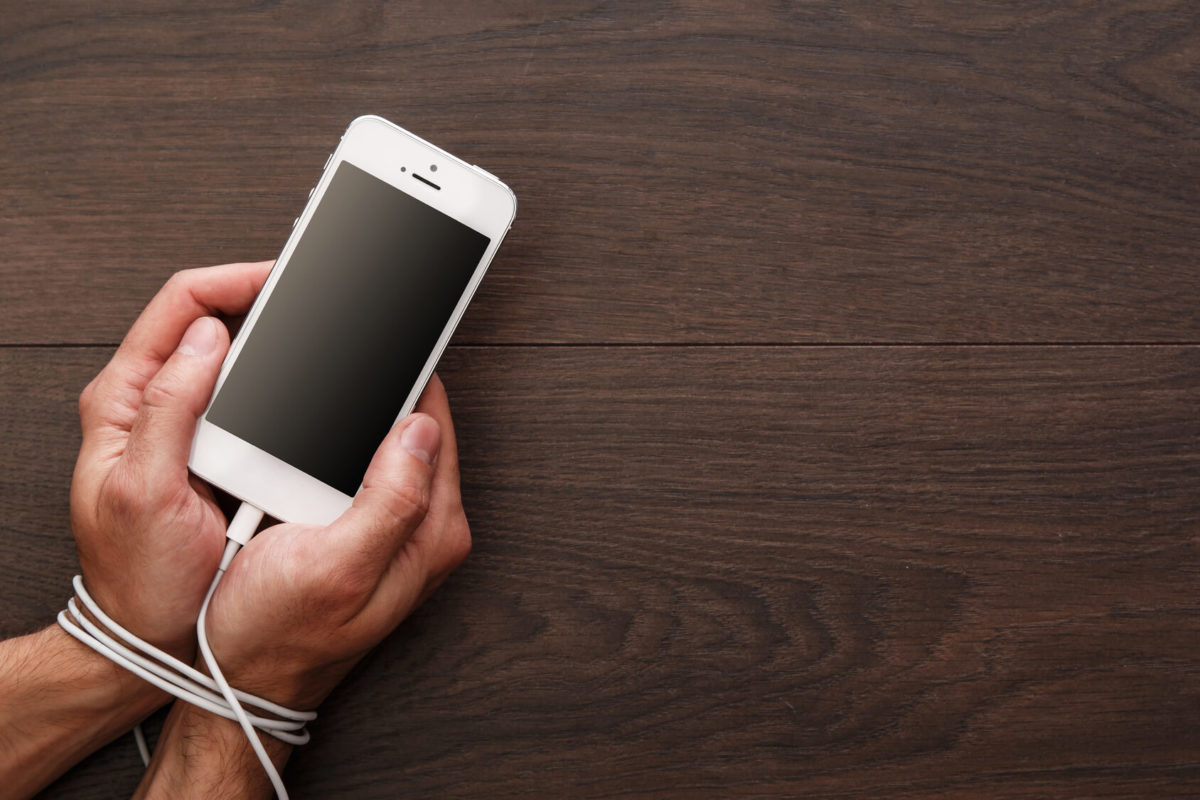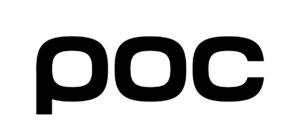Technology has certainly been under scrutiny of late, whether the massive data privacy breaches that have been occurring with alarming frequency, the nefarious use of social media in politics, the internet trolls who have become a sad and inescapable part of our techno-culture, or the tobacco-like cover-ups and disinformation war by Big Wireless as reported recently in The Nation.
I’m no Luddite or anti-technology in any way. Technology has brought so many wonderful benefits to us including building and maintaining relationships, online communities based on shared interests, fomenting and mobilizing movements, spurring innovation, and fostering productivity and efficiency. So I don’t want to come across as Chicken Little (“The Skype is falling!), but rather as Paul Revere (“The techies are coming!).
At the same time, it’s obvious to pretty much everyone that we have a real problem with the use—or should I say overuse— of technology in our lives, for example, texting, social media, online gaming, and streaming. Smartphones, most notably, are now ubiquitous and an almost cyborg-like attachment to our bodies. Research by the media watchdogs, Common Sense Media and the Kaiser Family Foundation, have found almost inconceivable amounts of non-school or non-work-related screen time among children and adults: under 8 years old: 2:19 hours/day; ages 8-18: 9:22 hours/day; parents: 7:43 hours/day.
The problem started with new technology being introduced and adopted so quickly, driven by a ravenous and amoral tech industry, that we haven’t had the time to study and consider the implications of these changes to us individually, socially, culturally, or societally before releasing technology “into the wild.” But now, with the benefit of 20 years of hindsight and a growing body of scientific evidence emerging, it is becoming clear that excessive use of technology is becoming a serious threat to our psychological, physical, cultural, and political well-being.
The research to date suggests that tech use is related to increases in rates of narcissism, depression, anxiety, and aggression, and decreases in empathy, self-esteem, and academic achievement. Tech use is also contributing to the obesity epidemic that is already a public health problem is our country and spreading across the world. Internet addiction, though not yet recognized as a disorder by the American Psychiatric Association, is a topic of substantial concern among mental health professionals. And, to be clear, this addiction isn’t just psychological, rather research is demonstrating that tech use triggers the same neurochemical pathways as gambling, drugs, and alcohol. Moreover, treatment programs, like those for other addictions, are already common in Asian countries and a growth industry in the U.S.
What is especially troubling is that, according to a truly terrifying recent article by Richard Freed, the author of Wired Child: Reclaiming Childhood in a Digital Age, the tech industry is weaponizing what is called “persuasive technology,” the goal of which is to design digital platforms that manipulate us into believing that technology can meet our most basic psychological and social needs better than real-life experiences. To what end? Certainly not the betterment of humankind; rather, to make more money for the tech industry.
With all of this evidence, both scientific and seen in our everyday experiences, my two questions are:
- Has tech use become an epidemic?
- And, if so, should tech use be declared a public health emergency
I realize that this sounds Chicken Little-esque because the harm it’s causing isn’t readily apparent. Compare it to the opioid epidemic where overdoses, deaths, and health-care, economic, and social costs are immediate and dramatic. Instead, the effects of tech use on people is insidious with the future implications unclear, yet the growing evidence of long-term, harmful impact becoming more clear by the day.
Returning to my two questions, there is little doubt that tech use is an epidemic; the statistics and our own daily lives validate that as an inarguable fact. As for tech use being declared a public health emergency requiring government intervention, it may seem an overreaction upon initial consideration. But, when you look closely, it may not be so out there. Remember that the tobacco industry was in a similar situation a half a century ago. And cigarette smoking is not unlike tech use; the effects aren’t seen for decades. Yet, after years of obfuscation, denial, and outright lying and fraud, that industry was unmasked and regulated, and the health benefits among subsequent generations have been clear.
In fact, I’m not a lone voice in the technological wilderness. In a first of its kind, according to a recent Times article, the Maryland legislature passed a bill recently that mandates state education leaders to establish best practices for tech use in an effort to limit its use in school. Some tech and business industry leaders are also expressing their concerns about tech use and calling for regulation and more transparency including Marc Benioff, the CEO of Salesforce, Sean Parker, Facebook’s former president, the social commentator, Simon Sinek, and some of Apple’s largest institutional investors.
As we immerse ourselves more and more deeply in the connected world and have the benefits of two decades to look in our rearview mirror, it is clear that a beast has been unleashed that is preying on an unwitting citizenry. Let’s not make the mistakes that we made with the tobacco industry and be fooled by Big Tech’s “Don’t be evil” mottos and other misdirections. The harsh reality is that the tech industry puts profits ahead of people and the public good.
As we’ve learned from other Big Anything, change in the tech industry that is in the best interests of people will not come from within. Rather, it must be imposed from a groundswell of popular anger and action or legislated by our federal and state governments. So, what do I suggest can be done? Here are some ideas to rein in the tech beast, some taken from the lessons we learned from the tobacco industry (admittedly, some are pretty far out there):
- Tech use should be declared a public health emergency by the Secretary of Health and Human Services.
- Tech use should be viewed in a similar fashion as tobacco, alcohol, and drugs.
- The tech industry shouldn’t be allowed market to children.
- The tech industry shouldn’t be allowed to develop programs and apps specifically designed to “hook” children (as a tobacco executive once said, “Hook ‘em early, hook ‘em for life.”).
- Warning labels should be included with all smartphones, apps, e-games, etc.
- A government-sponsored public-awareness program should be developed warning against the dangers of too early and excessive tech use.
- The NIH should sponsor research to examine the long-term impact of tech use on people.
- State and federal Departments of Education should identify and set appropriate limits on the use of technology in schools.
- Schools should be required to offer digital literacy classes at an early age.
- Schools should encourage families to adopt the “Wait till Eighth” rule (no smartphone until 8th grade; dumbphones for calls and texting are okay).
- Parents should educate themselves about the impact on tech use on their children and on themselves.
- Parents should set reasonable limits on their family’s use of technology.
- Parents, educators, physicians, mental health professionals, and like-minded organizations should unite to lobby our state and federal elected officials for legislation that protects children from the harm of excessive tech use.
We’re never going to put this beast back in its cage, so our only hope is to tame it and train it so we can use technology as the wonderful tool that it can be rather be used by technology and suffer its destructive influence over us. If we don’t, well, in a few more decades, we may very well look back and wish we had, as we unplug the cable from the USB port in the back of our head (more science future than science fiction). I don’t want to sound like Chicken Little again here, but, given the direction the evidence is pointing, our children’s futures and those of our society’s may very well be in the balance.
To learn more about how technology impacts yourself, your children, and your family, read my latest parenting book, Raising Generation Tech: Prepare Your Children for a Media-fueled World.


